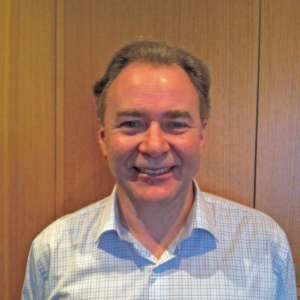Supporting people with ADHD should be a national priority backed by more training for GPs and other health professionals, leading ADHD experts have said.
It comes as the Federal Government supported just one recommendation from a recent ADHD senate inquiry. The inquiry into the assessment and support services for people with ADHD included 15 recommendations, nine of which were supported in principle and five were noted.
Expediting the development of uniform prescribing rules to ensure consistency between state and territory jurisdictions was the only recommendation the government supported.
However, in its response the government said it would also be factoring in the National Disability Insurance Scheme Review recommendations, Medicare reforms, and mental health reforms.
It noted that these reforms provided opportunities “to identify interdependencies and determine gaps across the existing health, social services, disability and mental health landscape, including for those with ADHD”.
Leading ADHD doctors and lived experience advocates have said more needs to be done to support people living with ADHD.
Nedlands-based child and adolescent psychiatrist and ADHD WA Board Director Dr Roger Paterson said the government’s response showed it was aware of what needed to be done.
But he said more information was needed on its timeline for further evaluation, including what might influence a shift from ‘in principle support’ to ‘supported’.
“I think that they are getting the message that ADHD is common and very treatable,” he said.
“I think that they are realising that ADHD is one of those that is worth trying to improve access to treatment. That involves training more specialists, training for GPs so you can do more co-prescribing and training allied health people.
“One bright note was the one supported push to standardise national psychostimulant prescribing regulations which would make it easier for prescribers treating interstate patients, thus improving ADHD treatment access for new and follow-up patients.
“But the government response is light on detail as to what action they are going to take to get this ball rolling.”

Dr Paterson was a contributing author on the recently published Australasian ADHD Professionals Association prescribing guide, which aims to improve diagnosis and access to ADHD care through empowering medical professionals with a practical guide for the safe and responsible use of medications and holistic treatments.
RELATED: New prescribing guide for ADHD – what you need to know
AADPA President Professor David Coghill said the government’s response fell short of delivering necessary reforms.
“At a time when public awareness and demand for ADHD services are at an all-time high, this response shows a devastating lack of leadership and understanding.”
Perth-based ADHD coach and lived experience advocate Lou Brown, who also contributed to AADPA’s prescribing guide, said the government’s response was disappointing and disheartening.
“So many people with ADHD opened up and shared their stories,” she said.
“Being vulnerable and sharing your trauma takes enormous bravery, especially when you have spent your entire life having your feelings and experiences invalidated and your needs unmet.
“We need ADHD to become a national priority, especially if we want to avoid the next generation of children with ADHD growing up and experiencing the same mental health and wellbeing problems as previous generations.”
The senate inquiry recommended a possible expansion of the range of healthcare professionals who could make ADHD assessments, including general practitioners and nurse practitioners.
It also called for improving the skills of healthcare professionals who interacted with people with ADHD. The government supported the recommendation in principle.
The government’s response can be read here.
AADPA’s prescribing guide can be found here.


